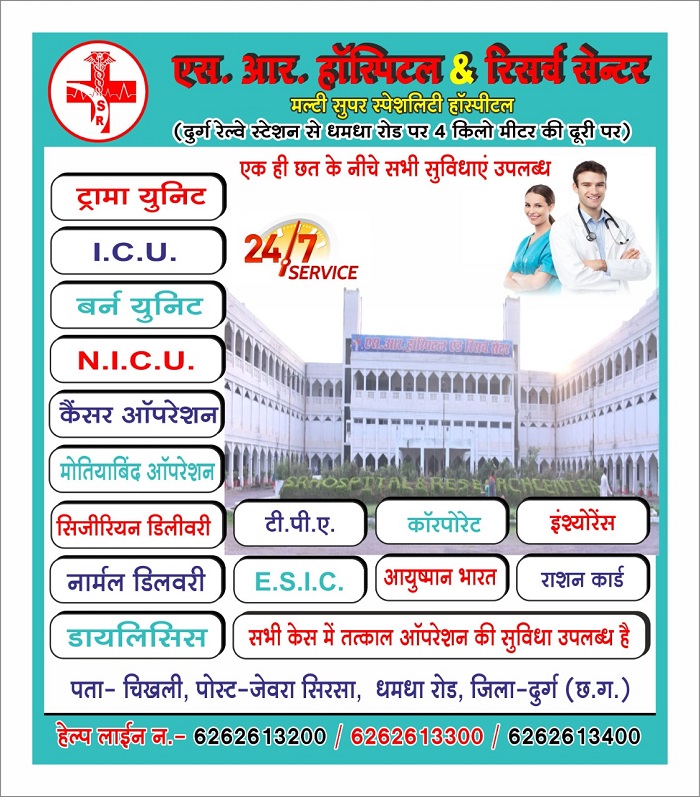COMMUNAL HARMONY AMIDST DIFFERENCES

India is a country of diverse cultures, religion and traditions. The nation’s communal harmony is an integral part of its identity, and it serves as a cornerstone of its social fabric. Recently, Prime Minister Narendra Modi spoke with the Financial Times about the treatment of religious minorities and the societal landscape. In this recent interview, Prime Minister Narendra Modi stated that there is no discrimination towards any religious minority in Indian society when asked about the future of Muslim minorities in the country.
Amidst the growing efforts of hate mongers to promote discord in the name of religion, aheart warming incident of communal harmony and solidarity took place in a small village in Giridih district, Jharkhand, where a group of Muslim villagers came together to perform the last rites of the only Hindu resident, JagoRavidas. They chanted ‘Ram naamsatyahai’ and performed the last rites adhering to Hindu rituals. The act of compassion and unity displayed by the Muslim villagers transcended religious boundaries and highlighted the unwavering bond among communities. This beautiful gesture has received widespread recognition and appreciation, showcasing the inherent spirit of unity and brotherhood prevailing in the region despite the challenges of growing intolerance and communal polarization. Mahshar Imam, a resident closely connected to the deceased, shared that the gesture came naturally to them. He said, “We did not think twice about this. It was our duty to perform the last rites of our friend and neighbour” The heartfelt gesture, reported by Telegraph India, showcases the true essence of communal harmony and the power of human kindness.
In a world where division and hatred seem to dominate the headlines, the story of Rajan and the KannamchathuValappil family in Nannamukku, Kerala, is a shining example of communal harmony and the power of compassion. Rajan, a wandering man, was found by Muhammed, the owner of a roadside eatery in Puthanathani. Moved by compassion, Muhammed offered Rajan food and assistanceand took him to his home in Nannamukku. Rajan gradually became an integral part of the KannamchathuValappil family, which consisted of Muhammed’s six daughters and a son. The family embraced Rajan and treated him with the same love and respect as any other member. Regardless of societal norms and pressures, the family’s ethos of kindness and compassion prevailed. The story of Rajan and the KannamchathuValappil family is a powerful reminder of the importance of embracing our fellow human beings with love and compassion.
Amidst a climate of division and political discord stories showcasing the inherent unity of India as shown in the case of Giridih and Nannamukku, serve as examples of unity and compassion. These stories stand against hate-driven narratives and sensitises the masses about the beauty of syncretic India, instead of falling to inflammatory rhetoric like the Kashi Mathura debate. Muslims should focus on education and their upliftment. In debates about intolerance, these anecdotes offer reminders of our shared humanity and the need for empathy. They urge us to prioritize unity over division and illuminate a path towards a society founded on compassion, transcending the shadows of intolerance. The recent statement by Prime Minister Modi is a slap on the face of those propagating the theory of intolerance and communal polarisation.
Resham Fatima
International Relations
Jawaharlal Nehru University




